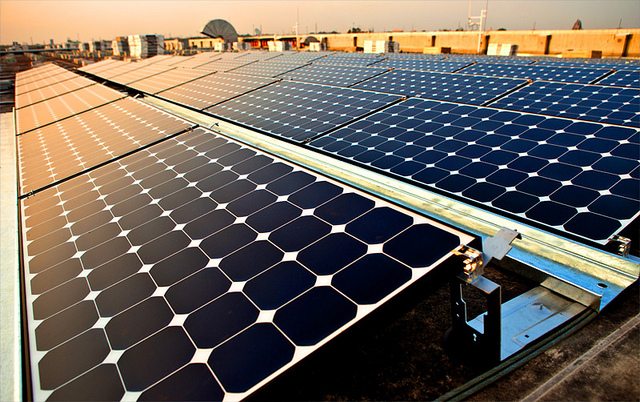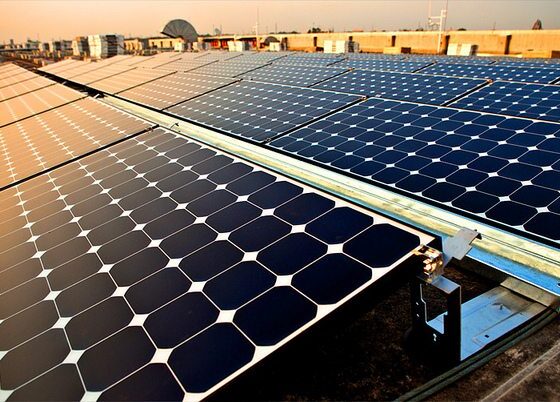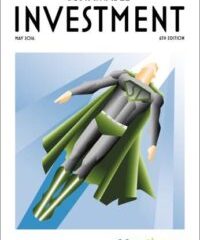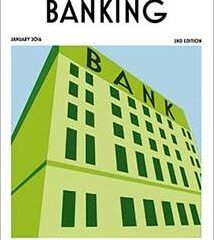

Features
Community energy is about putting local power in the hands of local people
As it announces its first share offer, the Low Carbon Hub explains how community energy can benefit local people and the wider economy.
Blue & Green Tomorrow is currently running a crowdfunder to ensure its survival. Please pledge.
The Low Carbon Hub was established scale up community energy in Oxfordshire, and works in partnership with Oxford City Council and Oxfordshire County Council to take action on energy. The organisation’s investment director Wendy Twist explains the councils bring trust to the programme whilst the Low Carbon Hub brings innovation and enterprise, which she describes as a “powerful combination”.
The key aim of the organisation is to develop a renewable energy infrastructure for Oxfordshire and “put local power in the hands of local people”. In order to do this, the Low Carbon Hub partners with business, the public sector and communities, and now it has launched a share offer to raise investment for its first wave of renewable projects.
The share offer is looking to raise £1.5 million, and injust a few days has already surpassed the £300,000 mark. Investors can put between £250 and £100,000 into the project and can expect a return of 5%, or 8.2% by using the Enterprise Investment Scheme (EIS) relief.
Speaking about community energy’s place in the market, Twist commented, “Community energy projects, like those developed by the Low Carbon Hub, have the potential to create a new, decentralised energy system that’s about local ownership and not centralised control. If developed to its full potential, community energy could scale up to 3.5 gigawatts in the UK, the equivalent of 3-4 conventional power stations.”
Twist noted that locally-owned community energy schemes are better at exploiting local resources, from solar to wind and biomass to farm waste, that may be overlooked by commercial developers, ensuring value for money and improved efficiency. Additionally, using local resources brings diversity to the UK’s energy portfolio, building resilience and security.
Another benefit of community energy is that it attracts investment from new, and often local, sources.
“Given the significant levels of investment required to renew the UK’s energy infrastructure and fulfil our carbon commitments, new sources of finance, such as community investment are badly needed,” Twist explained.
“Not only that, the income from many of the schemes is used to fund other local energy saving initiative.”
Despite its benefits, community energy doesn’t come without its challenges. One of the biggest barriers to overcome is ensuring that teams have all of the expertise required as they are often run by volunteers. This is were the Hub plays a vital role, supporting and guiding communities through the process.
The Hub also helps groups with the challenge of covering financial costs from third parties, such as legal, technical and financial advice. These costs can often hold a project back as they are hard to fund in the initial stages.
Looking to the future, Twist said, “We would like to see renewable energy generated locally, owned locally, and supplied through decentralised grids. Co-operative Energy, partners of the Low Carbon Hub, are taking a step in the right direction.
“The Hub’s long-term vision is for the waterways, woodlands and rooftops to be the power station of the future. The launch of our 2014 share offer is the first step in the big energy shift.”
The Low Carbon Hub’s community share offer launched on the 23rd of September to put local power in the hands of local people. To find out more, go to: www.lowcarbonhub.org/invest
Follow the Low Carbon Hub on Twitter at @LowCarbonHub to get regular updates.
Photo: Intel Free Press via Flickr
Further reading:
Community Energy Fortnight: Low Carbon hub
Co-operative Energy will begin sustainability fortnight with Community Energy Conference
Government policy failing to support community energy groups
Community Energy Strategy launched to help local renewables projects
Government needs clear vision for UK community energy, says Green Alliance


 Features11 months ago
Features11 months agoEco-Friendly Cryptocurrencies: Sustainable Investment Choices

 Energy11 months ago
Energy11 months agoThe Growing Role of Solar Panels in Ireland’s Energy Future

 Energy10 months ago
Energy10 months agoGrowth of Solar Power in Dublin: A Sustainable Revolution

 Energy10 months ago
Energy10 months agoRenewable Energy Adoption Can Combat Climate Change





























